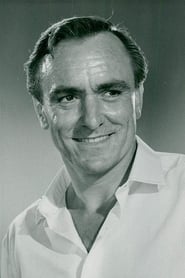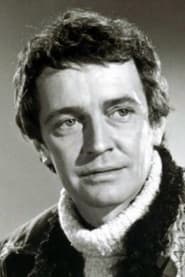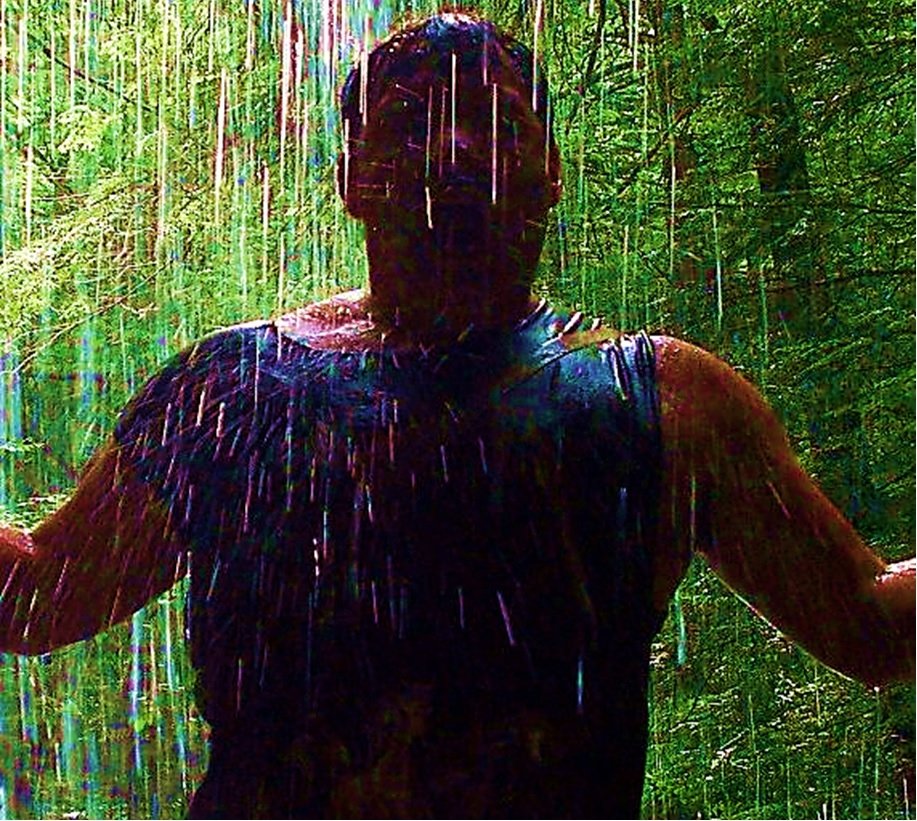Then we'll go on trying, and the day we stop trying we stop living!
It is one of the major oddities out of Hammer Films, a nutty slice of fantasy adventure sci-fi, resplendent with rubbery effects work, an incoherent screenplay, auto-cue hammy acting and obligatory humongous cleavage!
Plot, for what it is worth, finds a potentially explosive cargo ship and passengers, piloted by an uber serious Eric Portman, become victim of a mutiny and then find themselves lost in the Sargasso Sea. But wait! There is an island offering salvation, only it's a bit of a time warp populated by despotic Spanish conquistadors. Oh and the landscape is filled with man-eating beasties, including rampaging seaweed.
Based on Dennis Wheatley's novel Uncharted Seas, it's a film where adults have to double check to see if they have had some bad liquor, while the kids delight in the garish colours and rubber monsters. It's all very surreal, and daft, and not quite a masterpiece of "Z" grade cinema, but it is fun, even if for those of us who like a drink, we will never ever be drunk enough to embrace its madness fully. 7/10
Weird "Ship of Fools" meets Jules Verne adventure
Hammer’s psychotronic “The Lost Continent” (1968) was based on Dennis Wheatley’s 1938 book “Uncharted Seas,” his second of three "Lost World" novels. The story concerns the mostly disagreeable passengers & crew of an old freighter traveling from a port in Liberia, Africa, to Caracas, Venezuela, with a volatile illegal cargo. The protagonists eventually become stuck in a mysterious area of the Sargasso Sea where they discover several intriguing things.
The first time I saw this on TV it kept my interest for the first hour and twenty minutes, right up to when two colossal creatures appear; they were so laughable I stopped watching. My mistake, because this is actually a gritty ship-oriented adventure capped off by a moody, surreal climax. Repeated viewings are necessary to appreciate its quirky charm.
The dramatic set-up is realistic and there are thrills interspersed throughout. Eric Porter as Captain Lansen is strong and his growing relationship with Eva (Hildegard Knef) adds some honest maturity. The carnivorous seaweed is interesting while the surreal sets for the orangey Sargasso Sea of shipwrecks are fantastic for a low-budget flick made in 1967. In the female department, voluptuous Dana Gillespie is breathtaking and Suzanna Leigh is entertaining as a man-hungry lass.
Meanwhile, the balloon shoes & harnesses are creative (which were inspired by a novelty craze at the time Wheatley wrote the original story, balloon jumping). The story keeps your interest with three distinctive acts, despite the dubiousness of some of the characters. Lastly, the distinctive 60's theme song is a bizarre highlight.
The biggest flaw is that cheesy scene with the fighting oversized creatures. It should’ve been omitted or, at least, modified. As done, it only mars the movie. The other creature effects are actually done well considering the budget and the era, like the giant octopus that attacks the couple on the ship.
The theme is reflected in the opening quote by the Captain of Job 14:1: “Man that is born of a woman is of few days and full of trouble” (from the 1789 U. S. Book of Common Prayer). Within that context the morally compromised characters might or might not find love, redemption and hope. The key is not giving-in to a spirit of fatalism, like those on the old Spanish galleon, because it hamstrings life.
Quite a few reviewers state that there is no lost continent in the picture; this is not true. When the cast are in the Sargasso Sea area you can clearly see mountainous land in the background; in fact, a character proclaims at one point, "Look — land!" Some of the cast even end up walking on the "lost continent" (actually an island) which is where they run into the laughable giant crab and scorpion.
While "The Lost Continent" is not hailed as one of Hammer's masterpieces, it scores well for high seas adventure and undeniable mood. If you have a taste for "lost continent"-type adventures, gritty drama and strangeness you should appreciate it, just bear with the relatively short fighting monsters sequence. Of course Dana Gillespie doesn't hurt.
The film runs 1 hour, 37 minutes, and was shot at Elstree Studios, just north of London, England.
GRADE: B







